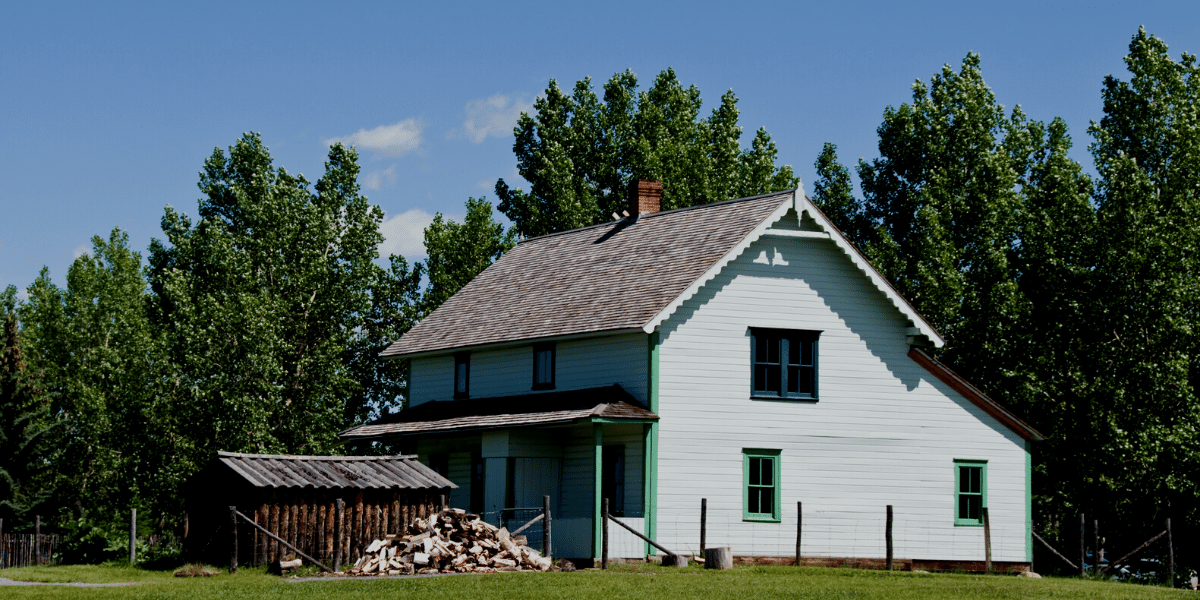|
|
|
|
|
|
|
|
|
|
When you’re searching for a home, location is usually one of the first things you think about. Does this house have easy access to highways and main roads? Is it in or near the best neighborhoods in my area? Is it conveniently located near schools, shopping centers, and other things I might need?
These are some of the questions potential buyers ask themselves when looking at houses. However, there’s so much more to location than just proximity to stores and restaurants. The location of your home has an impact on its resale value, safety, cost of utilities and many other factors.
Let’s discuss some of the general pros and cons of different locations, and why certain locations might be a better fit for you in terms of lifestyle needs and wants.
The value of understanding the location of your home
As home buyers, we’re well aware of how important it is to buy in a good location. What we might not be as aware of is just how much that location will affect its overall value of your investment.
The location of your home will have a significant impact on its resale value. It’s important to know this so that you can buy a home that best suits your needs, while making it appealing to potential buyers if and when it comes time to sell it. If the location you purchase in isn’t ideal for resale, you’re going to be stuck with it for a long time.
Other factors to keep in mind when choosing the location of your home are property taxes, cost of utilities, and homeowner’s insurance. There are several factors that can play a role in this.
For instance, certain municipalities have higher tax rates than others, or areas that do not fall under a city government. It’s important to know if some sort of homestead exemption is available in your potential home’s location as well.
Utility costs can vary greatly from one city to another, and in some cases even by neighborhood. Don’t forget about trash and recycling, cable or satellite, and internet services when thinking of utilities. Typically, the more choices you have in any given area, the better deals you’ll find.
If the location of your home is in an area with a history of weather related events or property crime, it can have a direct effect on what you’ll pay in homeowner’s and possibly flood insurance.

Rural properties
Rural properties are wonderful if you enjoy quiet, peaceful living. If you work in a city, however, it may be difficult to make a commute to work in a rural area.
Rural areas tend to be farther away from main roads, meaning you’re more likely to have longer commutes. Fuel costs will also increase the further you have to travel for work.
It’s also worth noting that rural areas tend to have less options when it comes to grocery and clothing stores, as well as pharmacies. You may have to travel further or pay more for food and basic needs, which will increase your overall cost of living.
Rural properties are also more likely to have less options when it comes to services like internet and waste management. Not only can that cause these services to cost more, but they can also be less reliable, though this of course is not always the case.
Suburban properties
Suburbs often serve as a happy medium between the tranquility and quiet of rural areas, and the hustle and bustle of the big city. While certainly less secluded than country living, the population isn’t as concentrated as in urban areas.
Typically, living in the suburbs means a shorter commute for those who work in the city. This however is not always the case. Even if the distance is shorter, factors like traffic in more popular suburbs can increase the overall time it takes you to get to work.
Suburban areas will have more choices when it comes to things like restaurants and activities than a more rural setting, but perhaps not quite as much as an urban area. In many cases these options will be more family oriented.
Living in the suburbs is all about convenience, which is why they’re so popular amongst families. Reliable utilities, schools, shopping, and shorter commute times are all things that make the suburban lifestyle appealing.
Things like resale value, property taxes, and average cost of homeowners insurance can vary greatly depending on the specific area, so it’s important to do some research. A qualified Realtor will be able to provide all the data you need.

Urban properties
If convenience, activities, and nightlife are important to you, then an urban setting may be your best option. Properties in an urban environment are typically the most expensive. However, they’re also the most likely to increase in value over time.
Cities tend to offer a lot in the way of convenience. Shopping and dining options are plentiful. Public transportation is another big advantage of city living.
There are some disadvantages to living in an urban area however. The overall cost of car ownership is higher. Many factors contribute to this, such as higher insurance rates, and parking.
Conclusion
The location of your home matters because it can significantly affect how you live your life. It all comes down to what kind of lifestyle you want and need. Hopefully this has helped you understand the differences between rural, suburban, and urban environments and which one works best for you.
Home l Firm Overview l Attorney Profiles l Request Info l Contact Us l Privacy l Disclaimer l Credits l Sitemap




